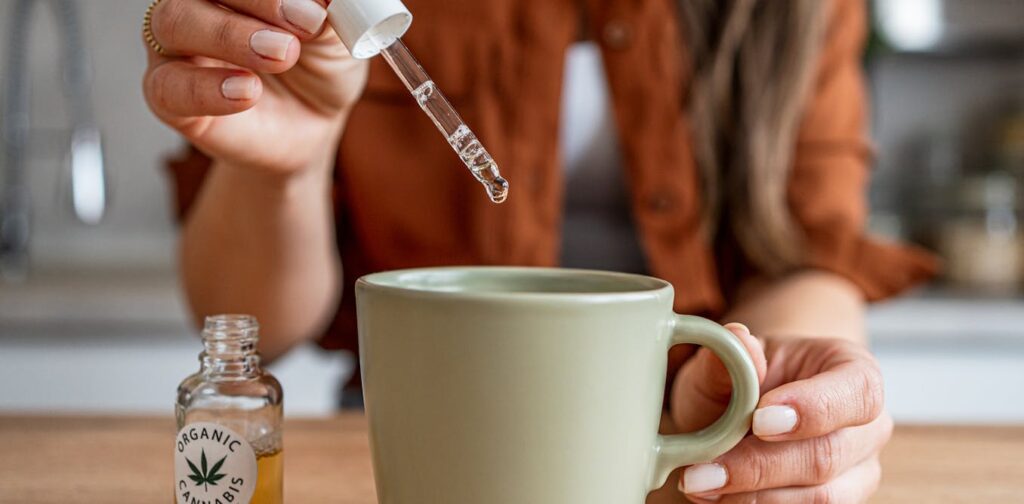
Concerns surrounding the use of unapproved medicinal cannabis products in Australia are intensifying following the revelation that over 600 side effects have been reported to the Therapeutic Goods Administration (TGA). According to a recent Freedom of Information request, the TGA disclosed that there were **615 adverse events** reported from July 2018 to June 2021. Among these reports, there were more than **50 cases** of psychosis and **14 instances** involving suicidal thoughts and behaviours. Experts warn that these figures likely underestimate the true scale of the issue, as many people do not report adverse events.
The legalisation of medicinal cannabis in Australia began in **2016**, but its use surged significantly in **2021** when the TGA revised access to unapproved products. Currently, more than **1,000 unapproved medicinal cannabis products** are available in Australia, most of which have not undergone rigorous safety or effectiveness assessments. These medicinal cannabis products are often prescribed for conditions such as pain, anxiety, and sleep disorders, despite limited evidence supporting their efficacy.
Understanding the Risks of Unapproved Products
The phenomenon of medicinal cannabis raises unique concerns, particularly regarding mental health. Studies from other countries, such as Canada, indicate a correlation between cannabis use and increased rates of mental health disorders, including schizophrenia. In Australia, there have also been reports linking first-time psychosis to medicinal cannabis use.
While the TGA provides guidance stating that THC (tetrahydrocannabinol) is generally unsuitable for patients with a history of psychotic disorders or active mood conditions, many individuals continue to use cannabis for anxiety. Alarmingly, existing reports suggest that emergency department visits related to anxiety and cannabis have risen significantly, though it remains unclear whether these visits stem from increased cannabis use or represent a broader trend in mental health issues.
Another critical concern is the potential for drug interactions with medicinal cannabis, particularly with commonly used medications such as antidepressants, anticoagulants, and epilepsy treatments. This highlights the need for careful monitoring and consultation with healthcare professionals.
Child Poisoning Incidents and Regulatory Oversight
Reports of adverse events often come with limitations, and the current reporting mechanisms do not adequately capture broader drug-related harms. New research indicates a rising trend in calls to Australia’s largest poisons information centre regarding cannabis poisoning. This increase is particularly concerning when considering the accidental poisonings of children, which have surged since the legalisation of cannabis.
Children exposed to cannabis can experience severe health complications, including comas and seizures, necessitating intensive medical care. The rise of cannabis-infused confectionery and food products, which are appealing and often resemble regular snacks, poses an unacceptable risk to young children. These products have contributed significantly to the growing number of poisonings across various countries, especially as cannabis becomes more widely accessible.
In light of these findings, the Australian Health Practitioner Regulation Agency has issued warnings to practitioners regarding questionable prescribing practices. The proliferation of “single-purpose dispensaries” that rely on telehealth for medicinal cannabis prescriptions has also raised concerns. Some consultations reportedly last mere seconds, leading to questions about the quality of care.
The TGA is currently reviewing its regulatory processes concerning unapproved medicinal cannabis products, which could lead to significant changes in this rapidly expanding industry.
Individuals considering medicinal cannabis are urged to consult their regular healthcare providers for a thorough assessment of their medical history and current medications. Discussions should include the potential risks and benefits of cannabis use, as well as evidence supporting its effectiveness for specific conditions.
For those affected by issues related to cannabis use, or if you are concerned about someone else, please reach out to services such as Lifeline at **13 11 14**.
As the landscape of medicinal cannabis continues to evolve, it is imperative for both healthcare providers and patients to remain informed about the associated risks and to approach treatment options with caution.






